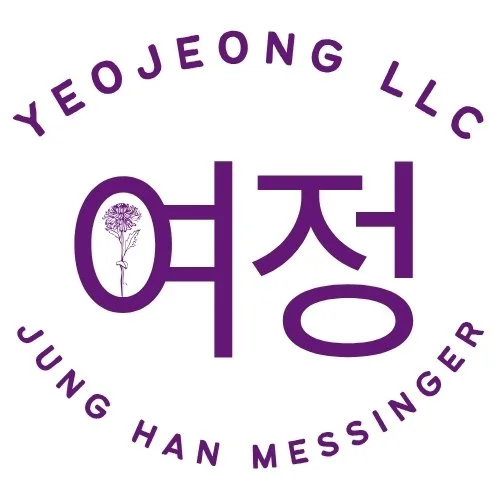
Inclusive and trauma-informed accompaniment in your grief, loss, and mourning to find connection, solace, validation, and witness
I support people, groups, and organizations in learning about and tending to grief, with a particular focus on death and non-death losses that are disenfranchised, invisibilized, hidden, and/or stigmatized.
What is Disenfranchised Grief?
In general, grief can be described as any individual and/or collective physical, emotional, mental, spiritual, behavioral, cultural response to loss or change. Disenfranchised grief refers to when these losses or changes are not openly acknowledged, socially mourned, or publicly supported.
Individual Grief Work
I offer one-on-one virtual grief care, with a focus on acknowledging, tending to, and navigating grief without pressure to move past, get over, or find deeper meaning. Sessions are guided by client consent, and may include ritual, altar creation, breath work, meditation, writing, art, support mapping, or talking and sharing.
Group Grief Work
I offer small group rituals, facilitated grief circles, and customized disenfranchised grief trainings on a range of topics. Across all forms of group grief work, the focus is on acknowledging all forms of grief, tending to one’s own grief, and strengthening skills to witness other people’s grief and grief on a societal and cultural level.
Areas of Specialty
My grief care practice has a particular focus on tending to the grief of queer, trans, disabled, neurodivergent, chronically ill, diasporic, and racialized people / people of the global majority (PGM), as well as the following disenfranchised grief and loss experiences:
• dissolution of friendship or social group
• dissolution of relationship, when you’re not out as trans or queer or not recognized as a spouse or partner
• loss of or changes to ability, health, social spaces, or other life experiences due to new or changing disability, chronic illness, or neurodivergence
• family separation, including foster care, adoption, incarceration, and/or immigration detention or deportation
• disconnection from birth culture, country, language, and/or family as a result of adoption
• infertility, miscarriage, or stillbirth
• terminal diagnosis or death of a pet
• deaths due to suicide or stigmatized illness
• injury, violence, or death of marginalized people (or risk of) due to any form of political or state violence
Frequently Asked Questions
-
Grief therapy is a specific kind of grief care offered by a licensed mental health provider. It often, though not always, involves a diagnosis and/or insurance coding process that may or may not align with your own grief experience.
My grief care practice is rooted in strength and wholeness, and utilizes a range of tools and modalities from mental health, community, and spiritual care. I have an academic and professional background in social work but am not a licensed therapist.
-
I began peer and professional grief care more than 20 years ago, working with children, adults, and families living with and impacted by HIV/AIDS.
Following undergraduate and graduate education in social work, I completed additional training with Deathwives and La Mort Collective, QueerCare / King Yaa, Montuna / Mama Aicha, Birth Blessings, Reframe Health and Justice, TRACC4Movements, Mental Health First Aid, and the Certified Life Coach Institute.
You can learn more about my overall qualifications and experience here.
-
I offer sliding scale fees for all consulting, coaching, and care services. For groups and organizations, this is based on budget, from less than $100K to more than $5M. For individuals, this is self-designated and usually includes three levels (solidarity, true cost, & redistribution).
-
Consulting, training, and speaking services are possible for in-person participation, as long as certain COVID protection practices are implemented. Depending on the location, I may also require travel, lodging, meals, and other incidentals as part of the contract negotiation process.
Thought partnership, coaching, and grief care are currently offered virtually for new clients, with some availability for in-person group grief care for social justice and movement formations.
-
Yes, definitely! My goal is meeting your consulting, coaching, and care support needs, so I’m happy to combine services in a way that balances budget, goals, and capacity. For example, I’ve combined public keynotes with small-group discussions, consulting projects with coaching sessions, and trainings with grief / loss care.
